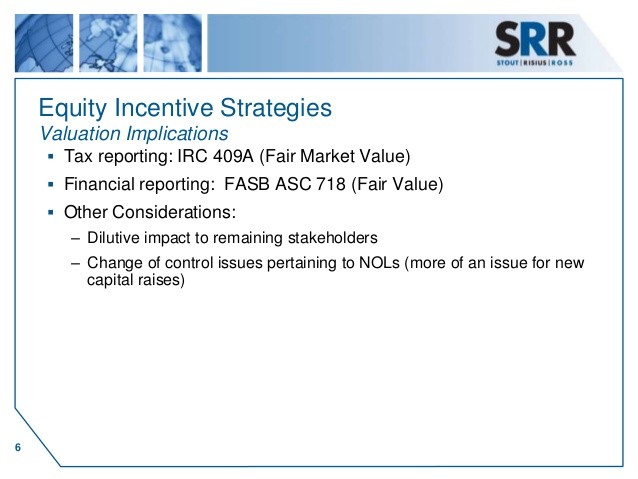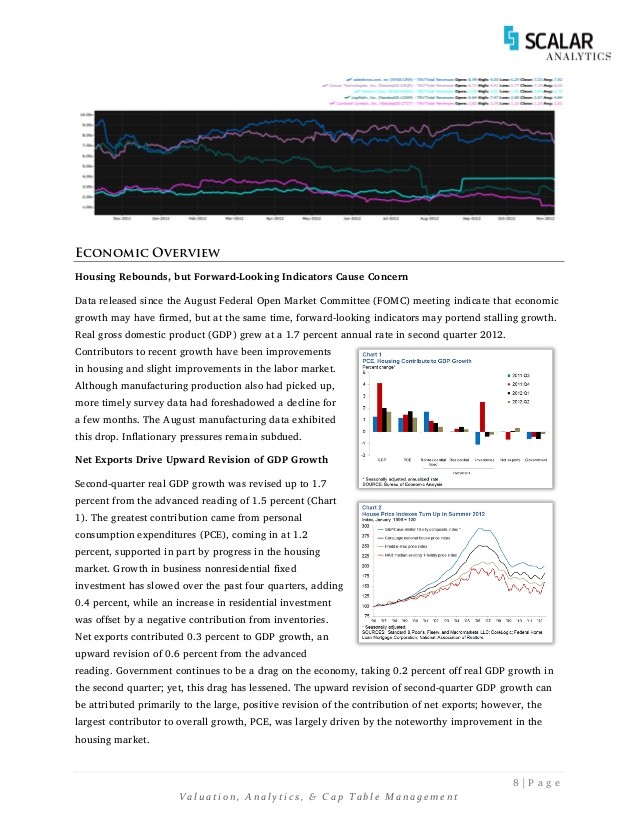Business Valuation 409A Equity Methods
Post on: 7 Май, 2015 No Comment

Equity Methods conducts independent 409A valuations for private companies considering or currently issuing stock options. Under Section 409A of the Internal Revenue Code, private companies must adhere to specific rules on the granting and valuation of stock options. As of late 2004, any nonqualified stock option (NSO) granted with a strike price that is lower than the fair value of the underlying shares on the grant date could result in substantial adverse tax consequences for the employee. Penalties may include an immediate 20 percent tax against the optionee, interest charges from the vesting date on deferred compensation, and a retroactive tax audit. Conducting a 409A valuation to obtain a fair value of the company stock is critical to maintaining compliance with Section 409A.
Considering that most private companies have a very complex capital structure, an accurate 409A valuation requires substantial advanced finance skills and knowledge. A 409A valuation is significantly different from a typical enterprise valuation, as it requires modeling the features of a company’s capital structure and then allocating the total equity value among different classes of shareholders.
Our Valuation Group has deep experience in the following 409A valuation methods, which are used individually or in combination to determine private equity valuation based on the company’s determined stage at the time of valuation:
- Asset-based approach: represents the current value of an enterprise based on the sum of its tangible assets. Back-solve method: estimates value based on a recent transaction in a company’s own securities (i.e. last round of financing). Income-based approach: converts future cash flows to a single present discounted amount. Market-based approach: uses prices and other relevant information generated by market transactions involving identical and comparable assets and liabilities.
Equity Methods’ experience with equity compensation plan design creates important synergies with regard to 409A valuation. Most privately held companies will begin evaluating more advanced compensation instruments as they grow, and especially if/when they prepare to go public. Equity Methods’ experience in designing and working with the compensation programs of Fortune 100 firms will translate into immediate value as you evaluate changes in your firm’s awards.

The Engagement Process
The typical 409A valuation is completed in 4 to 8 weeks, and is comprised of four phases: discovery (data collection and identifying stage of the company), information review and management input, and valuation scenarios and calculation. The ultimate deliverable is a report detailing the fair market value of common stock based on the recommended valuation methodology (or combination of two), and detailed 409A-compliant calculations.
To be considered reasonable for Section 409A purposes, privately held companies should conduct a 409A valuation at a minimum of once every 12 months. Re-analyses are completed in 2 to 4 weeks’ time.
Contact an Equity Methods sales consultant to learn more about 409A valuation capabilities, and how we can help determine the fair market value of your company’s common stock.














